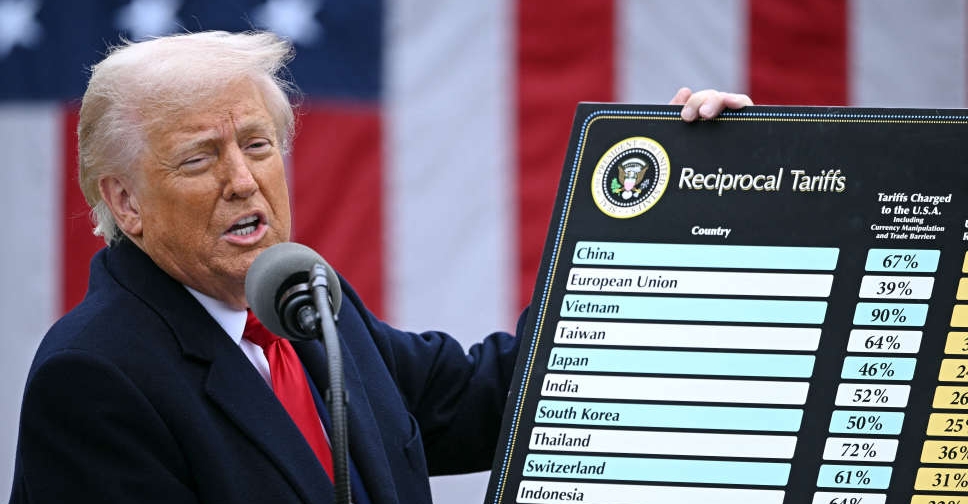
Boeing Co. is proposing to stretch its largest 777 model to create a twin-engine behemoth aimed at delivering a knock-out blow to Airbus Group SE’s struggling A380 superjumbo jet, said people familiar with its plans. The U.S. planemaker has approached several carriers about the plane it calls the 777-10X, including Emirates Airline, the world’s largest operator of both Boeing’s 777 and Airbus’s double-decker aircraft, said the people, who asked not to be identified because talks are private. The proposed model would carry about 450 travelers, sharpening its rivalry with the A380, two of the people said. To do so, Boeing would stretch the frame of its 777-9 to squeeze in about four extra rows of seats. The -9, whose debut is slated for decade’s end, will be the first twin-engine model to encroach on jumbo territory by hauling more than 400 passengers. “We are always evaluating technologies, airplane configurations and market needs,” said Doug Alder, a Boeing spokesman. “While no decisions have been made, we will continue to study 777X derivatives and seek customer input to develop products that provide the most value for customers.” An Emirates representative couldn’t immediately be reached for comment. A380 Uncertainty While Emirates has reviewed the new 777 variant , it isn’t sold on the concept, said a person familiar with the talks. The carrier has ordered 289 jets from Boeing’s 777 family, including 150 of the upgraded versions known as the 777X. Boeing unsuccessfully pitched Emirates on its 747-8 jumbo two years ago as a potential A380 replacement. The Chicago-based manufacturer is angling to take advantage of uncertainty over the future of the A380, and any strain in Airbus’s relationship with Emirates. While the Gulf carrier has been pressing the European planemaker to upgrade the aircraft’s engines to bolster fuel savings, Airbus executives have been reluctant to make the multibillion-dollar investment for essentially one customer. Tim Clark, president of Emirates, told Bloomberg earlier this month that talks with Airbus to upgrade the A380 with new engines had lapsed. “My main concern is that they stop producing the plane,” he said. The airline’s A380s seat between 489 and 517 passengers, according to its website. Wide-Body Battle Boeing is exploring ways to expand its current product line-up into new market niches as it battles Airbus for supremacy in the wide-body market and staves off new competitive threats to its best-selling 737 narrow-body jets. Also on its drawing board: a potential redesign of the smallest 737 Max and a stretch of the largest plane in that family. Enlarging the 777-9, which is already designed to seat more than 400 people, would give Boeing another way to woo jumbo-jet operators as sales of the four-engine A380 and 747 falter. Boeing’s large twin-engine jets have hastened their demise by offering similar range and seating, ample cargo capacity and greater savings on fuel and maintenance. Boeing’s proposed plane could also help the U.S. planemaker counter a new stretched version of the A350 wide-body jetliner that Airbus has been discussing with prospective customers who don’t need the engine thrust or the range of the 777-9. Most Expensive The -9, the best-selling member of the 777X family, seats between 400 and 425 passengers and has the range to fly 7,600 nautical miles (14,075 kilometers). It is the most expensive Boeing jetliner, and the first to bear a $400 million price tag. Sales of the 777X have slowed since Boeing unveiled the plane amid a blitz for 235 orders at the Dubai Airshow in November 2013. The upgraded planes will feature Boeing’s largest-ever wingspan, complete with tips that fold up while the plane taxis around airports. Cathay Pacific Airways Ltd. and All Nippon Airways Co. are customers of the aircraft, along with the three-largest Persian Gulf carriers. Boeing’s last sale came more than a year ago, when an unidentified customer ordered 10 of the planes. Bloomberg

 Dana Gas and Crescent Petroleum exceed 500M boe in Khor Mor field
Dana Gas and Crescent Petroleum exceed 500M boe in Khor Mor field
 China to impose tariffs of 34% on all US goods
China to impose tariffs of 34% on all US goods
 Shares bruised, dollar crumbles as Trump tariffs stir recession fears
Shares bruised, dollar crumbles as Trump tariffs stir recession fears
 Wall Street futures sink as tariffs fuel recession fears
Wall Street futures sink as tariffs fuel recession fears
 Trump to impose 10% tariff on UAE, Saudi Arabia imports
Trump to impose 10% tariff on UAE, Saudi Arabia imports




